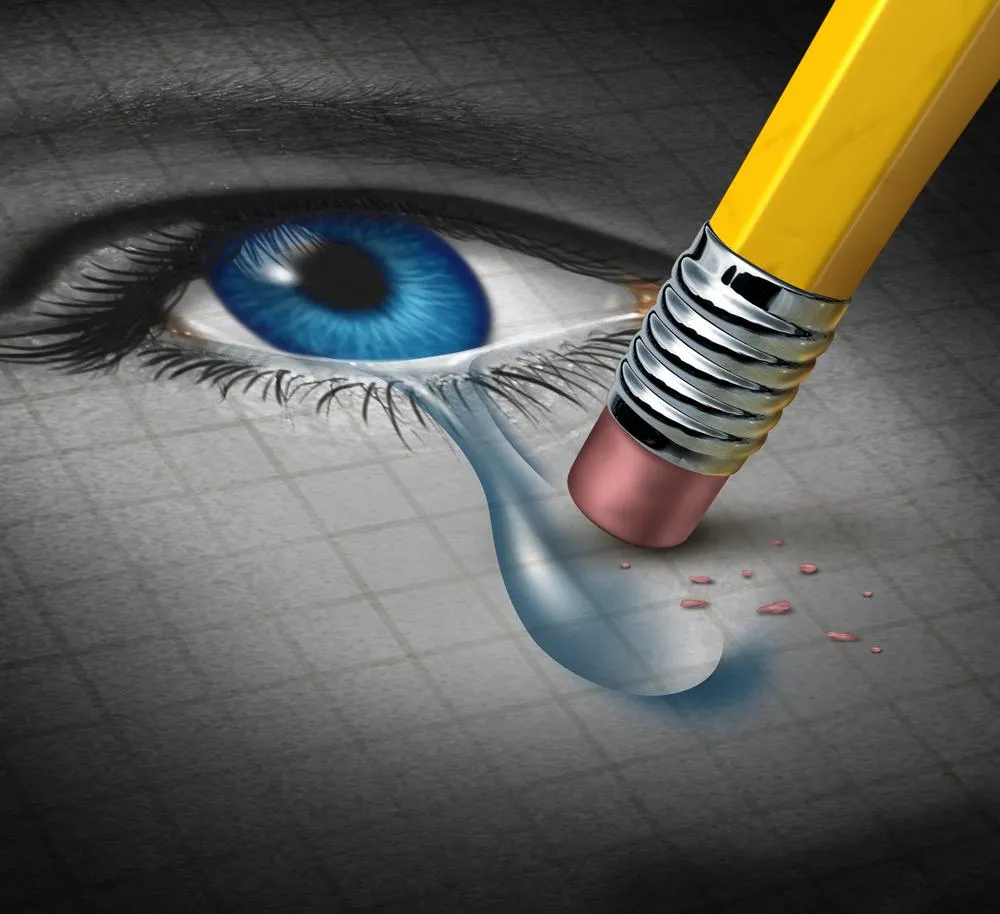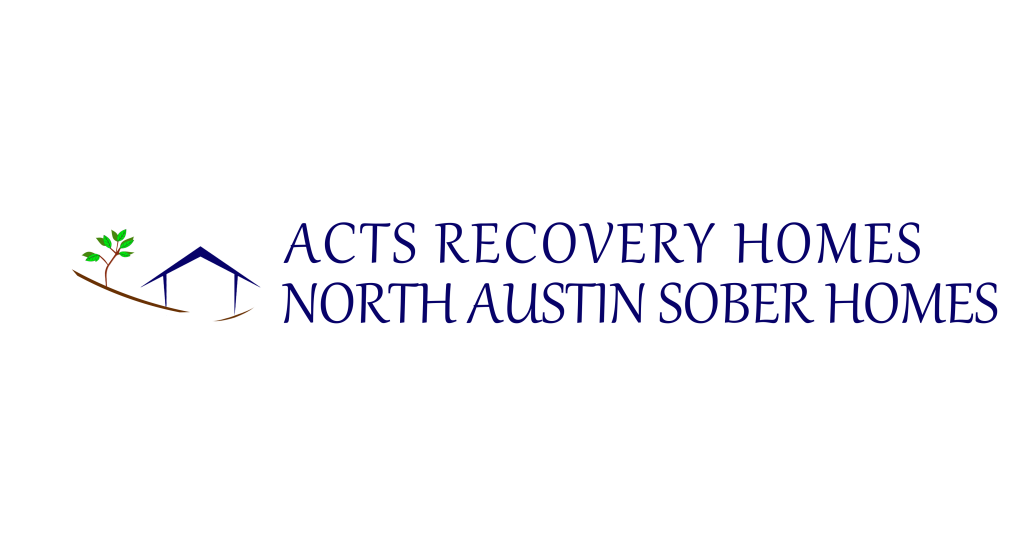Relapse Prevention: 5 Signs you’re Slipping Back into Depression

Why are we talking about depression when we are a sober living home you may be asking. Oftentimes depression, alcohol and addiction go hand-in-hand. One causes the other, so it is helpful to gain insight into depression and where alcohol and drug addiction intersect.
Battling depression can be a lifelong process, with many obstacles and relapses along the way. Learning to spot the early warning signs of depression is your best defense against relapse, as it enables you to seek help and advice quickly. Here are five signs that you’re slipping back into depression.
1. Withdrawing From Social Groups
Social isolation is a common symptom of depression. As fatigue and low mood take control, many people find it increasingly difficult to socialize and will often seek solitude or activities that require minimal human contact. Some people will also stop attending classes, groups, the gym and other places where human contact is expected.
2. Ignoring Friends and Family
The desire for social isolation can also lead to ignoring calls and avoiding contact with friends and family. Friends and family can often make demands that feel overwhelming when you’re depressed. Saying no and turning down invitations may cause tensions with those closest to you, which can leave you with a strong desire to avoid friends and family.
3. Neglecting Personal Hygiene
Many people neglect personal and home hygiene when they are depressed. You may feel too exhausted to take a shower or clean the dishes, preferring to stay in bed or slumped in front of the television. Everyone has different standards of personal and home hygiene, but if you’re noticing a significant difference in your appearance or the cleanliness of your home, it’s time to look at your emotional health.
4. Using Destructive Coping Strategies
Destructive coping strategies can include drug addiction, drinking excessive amounts of alcohol, overeating, gambling, compulsive shopping, gaming and even social media use. Any activity that helps you to block out or numb uncomfortable emotions, while also having a negative impact on your health, relationships, work or social life, can be considered a destructive coping strategy. These negative coping habits can have serious consequences for your health, relationships and life in general, so it’s important to be honest with yourself about the affect they’re having on your life.
5. Avoiding Enjoyable Activities
Depression can drain the fun out of hobbies and activities you previously enjoyed. Fatigue, low mood and physical symptoms, such as pain and digestive problems, can also make it difficult to enjoy life. If you’re avoiding the activities that used to give you pleasure, it could be an early warning sign of depression.
Depression can be a debilitating condition that requires a long-term plan to prevent relapse. Learning to spot the early warning signs of a relapse is the key to seeking the right help and preventing a worsening of symptoms. Withdrawing from social groups, ignoring friends and family, neglecting personal hygiene, using destructive coping strategies and avoiding enjoyable activities are all signs that depression is returning.
For more information on how to maintain your sobriety and help prevent relapse, or you need help in finding a good and affordable sober home. Do not hesitate to contact us 512-497-2147 or leave us a message.
